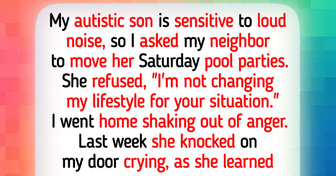Whats wrong with asking about the salary first? it can save a lot of time wasting if the money is not good enough!!
12 Things You Might Be Doing Wrong in Job Interviews (and How to Fix Them)
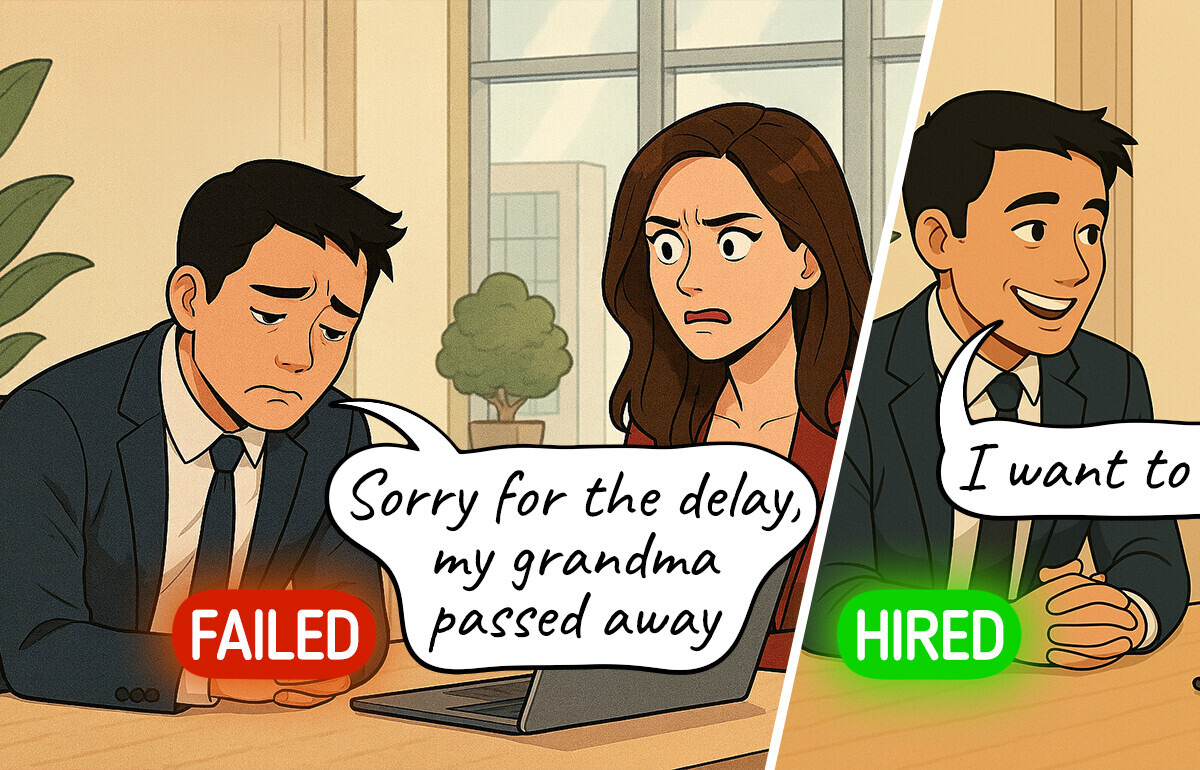
You think your interview went perfectly, but you never hear back? It might not be your skills, but subtle mistakes you didn’t notice. Discover 12 fatal interview errors even top candidates make (and how to avoid them so next time it’s a “Yes!” instead of a “No.”)
1. Neglecting the basics: research, resume, and prep.
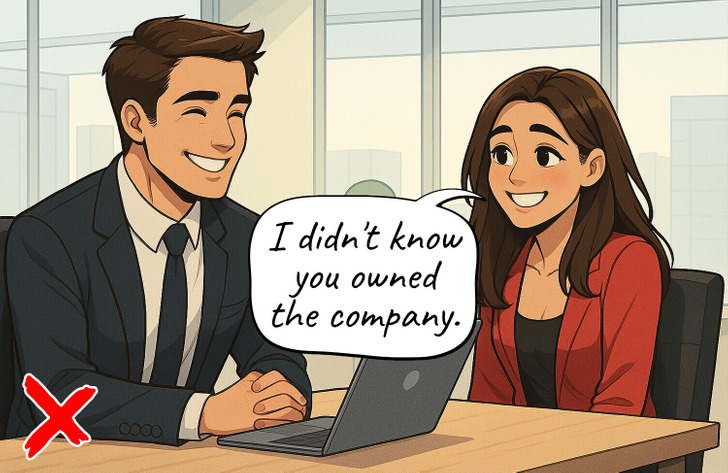
It may not seem that important, but going to a job interview without researching the company or the position is like going to an exam without studying: 47% of candidates fail because of this.
- Tip: research the company’s history, its values, and the challenges of the position. If you want to score extra points, prepare a couple of intelligent questions to demonstrate genuine interest.
2. Unprofessional appearance or poor etiquette.
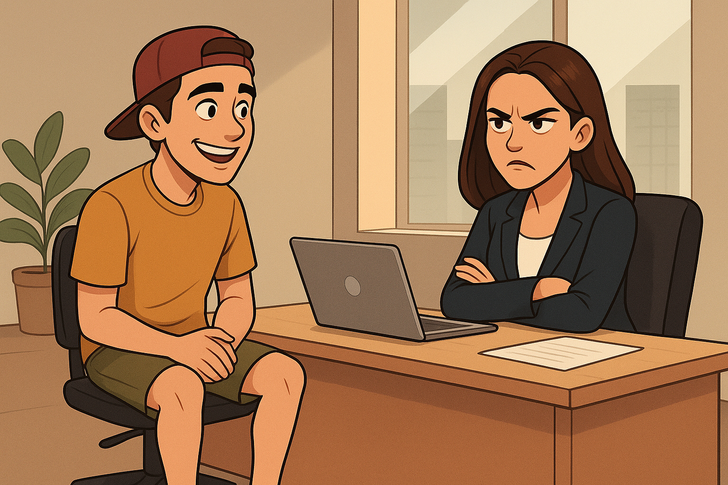
71% of employers reject candidates for inappropriate attire. And yes, that includes Zoom interviews.
- Tip: dress according to the company culture, take care of your hygiene, and be punctual.
3. Weak body language and nonverbal signals.

Body language conveys up to 90% of your message. Crossed arms, poor eye contact, or slouching can cause you to lose points without even opening your mouth.
- Tip: Practice smiling, making eye contact, and maintaining an open posture.
4. Being overconfident or underwhelming enthusiasm.
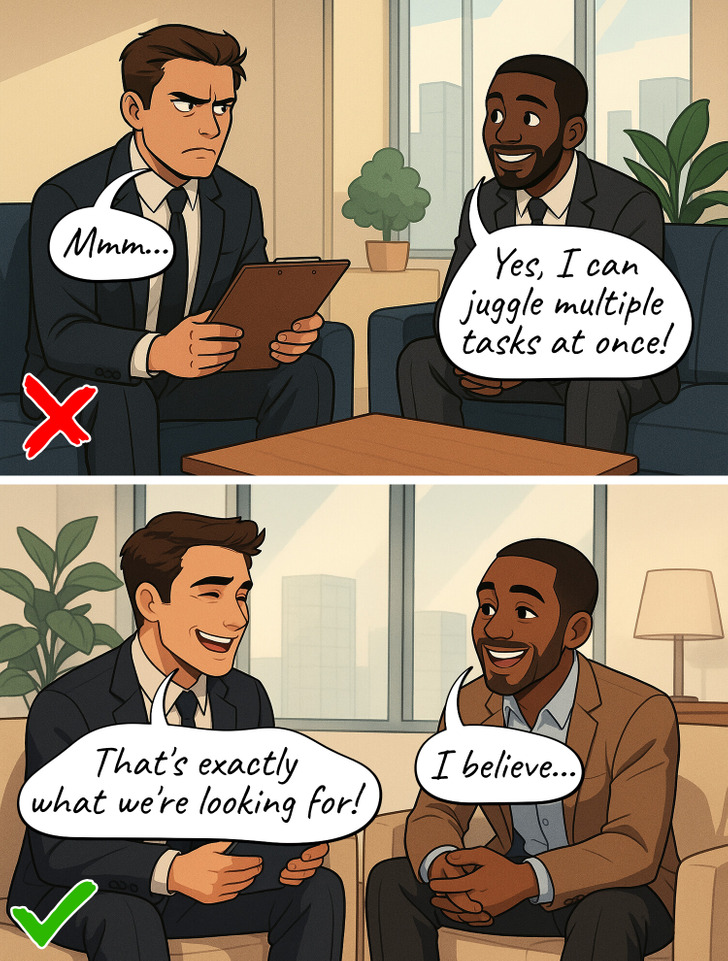
Being overly confident or completely uninterested is a surefire way to get rejected. 59% of recruiters reject arrogant candidates. Also, remember that the “overconfidence” effect is real: we tend to believe we are better than we really are.
- Tip: Show self-confidence, but with humility. Acknowledge what you don’t know and focus your answers on continuing to learn.
5. Rambling, vague, or overly general answers.
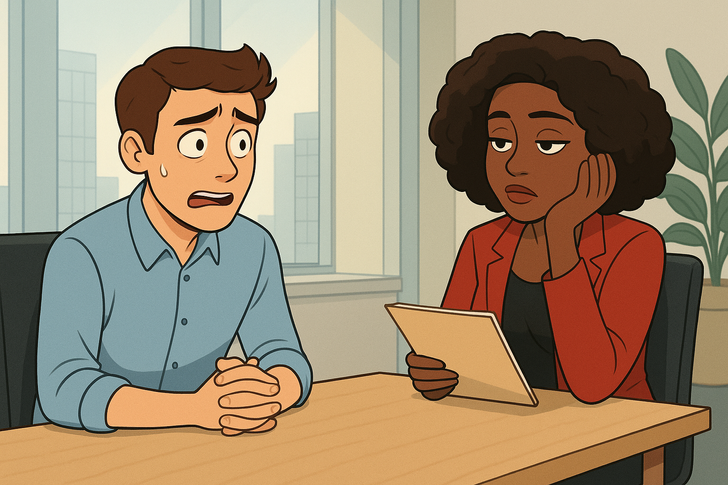
Long, unfocused answers tend to bore the interviewer and give the impression of improvisation.
- Tip: Use the STAR technique (Situation, Task, Action, Result) to tell clear and memorable stories. That clarity is a powerful differentiator.
6. Asking too few (or wrong) questions.

Not asking questions or asking the wrong questions is noticeable, and interviewers mark it as a common mistake.
- Tip: Focus questions on team goals, main challenges, and how to measure success. Avoid topics such as benefits or salary... at least until they offer it to you.
7. Dropping negative comments about past employers.
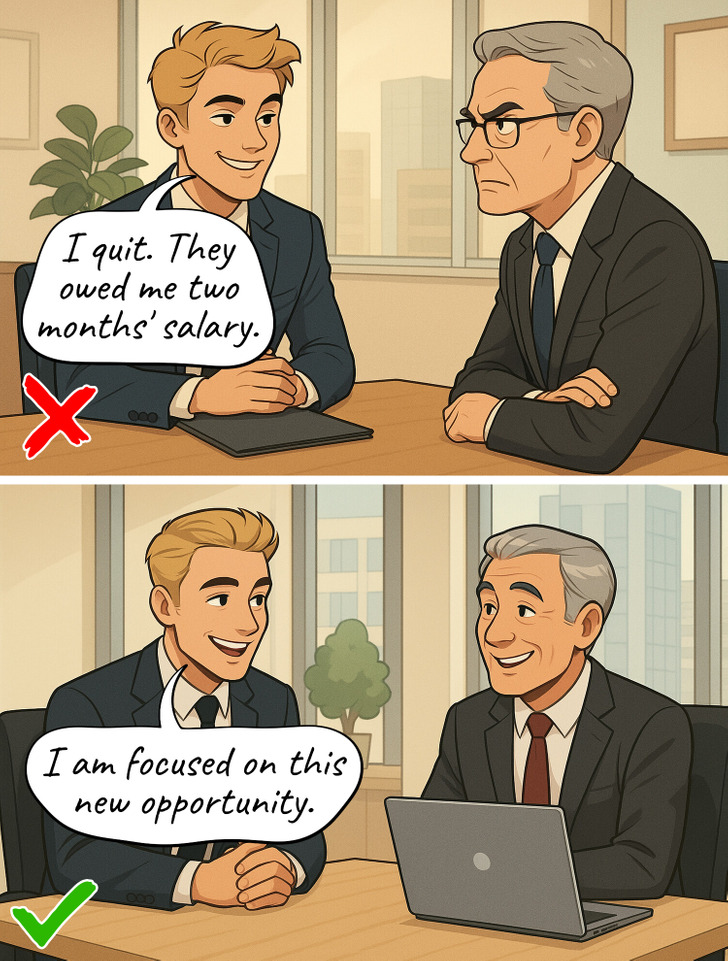
“My former boss was terrible” is never a good thing to say in an interview. Speaking badly about previous employers makes you sound confrontational, even if you are right.
- Tip: Turn the negative into a learning experience: “In my last job, we faced communication challenges, which motivated me to develop better skills in that area.”
8. Oversharing personal details or life drama.
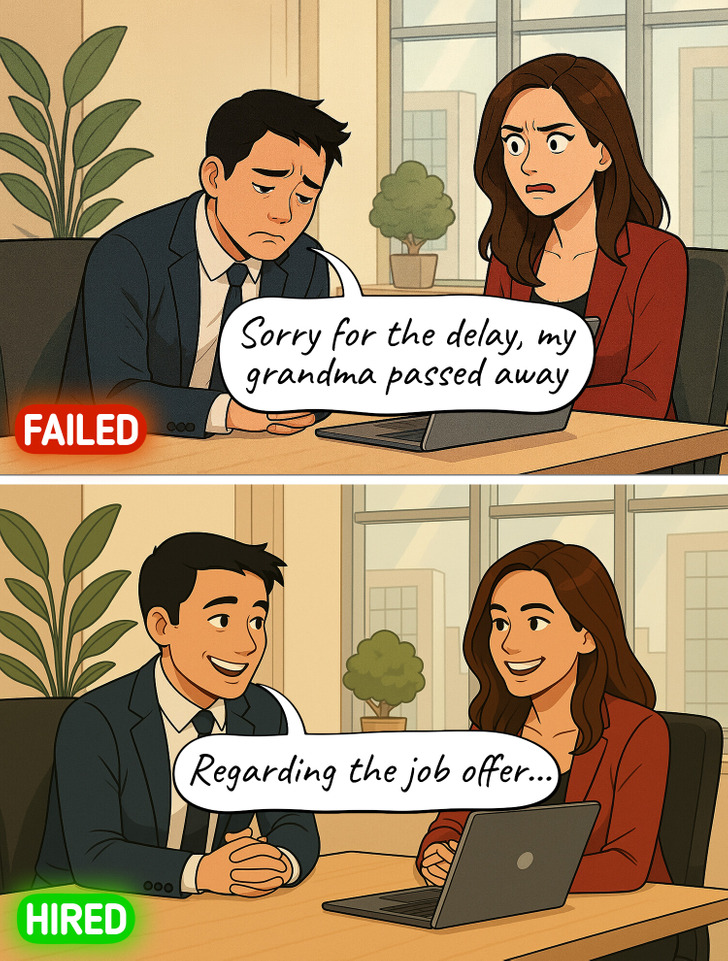
Sharing excessive personal problems can be seen as unprofessional or inappropriate.
- Tip: Keep personal matters off the radar unless they are relevant to your skills. Every word you don’t say can add up to more than a secret you tell.
9. Failing to mirror the interviewer’s energy.

If the interviewer is serious and you crack jokes every other sentence, or vice versa, the connection won’t flow.
- Tip: Subtly adjust your energy and tone to match the other person’s, while still being authentic.
10. No follow-up or thank-you note.
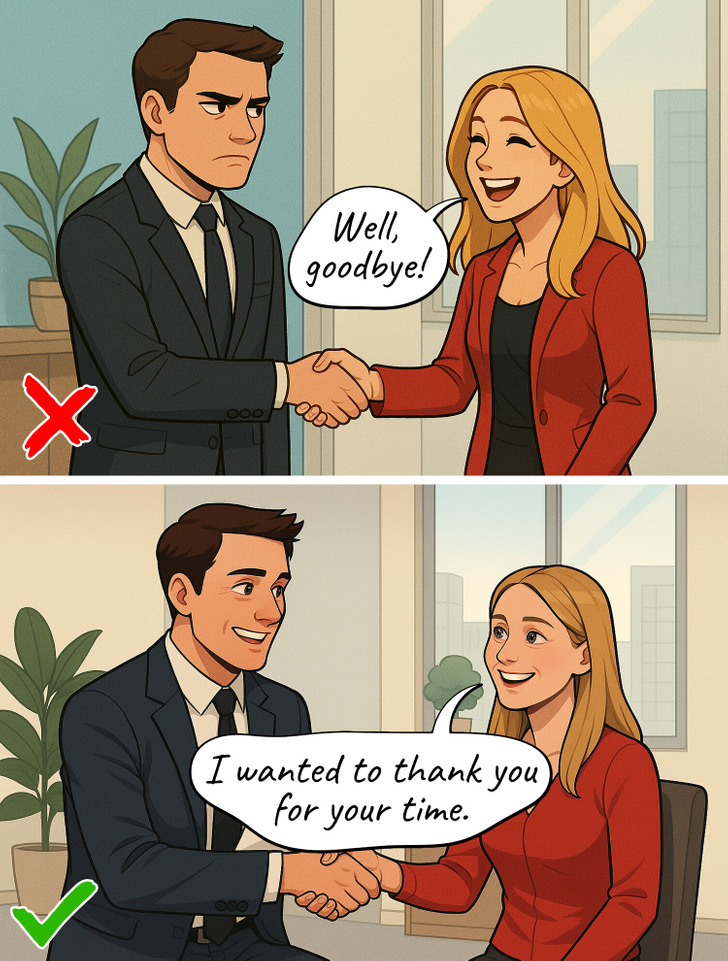
The interview ended, and that was it. No message, no thanks, nothing. This small gesture can tip the scales in your favor.
- Tip: Send a thank-you email the same day, mentioning something specific that you enjoyed about the conversation.
11. Lack of note-taking — or too much jargon/superlatives.
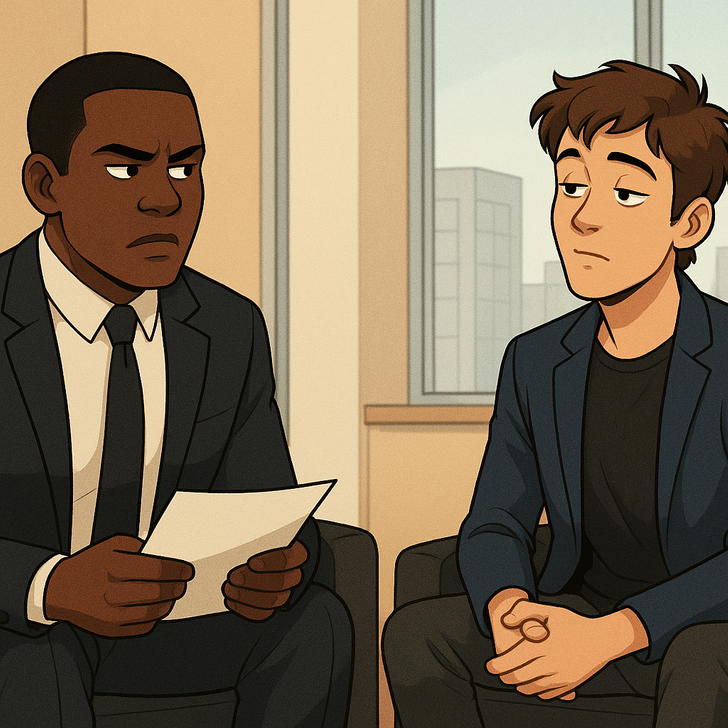
Not taking notes may seem like you’re not paying attention; overusing technical terms or superlatives can sound artificial.
- Tip: Write down key facts and names, and keep your language natural, avoiding phrases like “I’m the best” or “No one does it like me.”
12. Asking for money or small-talk taboos.

Asking about salary in the first half of the interview is like ordering dessert before seeing the menu: it’s not the right time.
- Tip: Let the interviewer bring up the subject and use small talk to build chemistry, not awkwardness.
Most of these mistakes have nothing to do with your talent, but rather with how you present yourself. They are silent details that speak for you... and sometimes they don’t say what you want them to. Polishing them is like adjusting the focus of a camera: your image becomes sharper, more professional, and more memorable.
You can read this other article here about more silent signals that influence you without you realizing it to continue refining your interview skills.
Comments
Related Reads
15+ Honest Comics That Show the Way Friendship Changes With Age

10 Historical Movie Costumes That Weren’t Worn in Real Life

I Refused to Train My New Colleague for Free, I’m Not a Charity
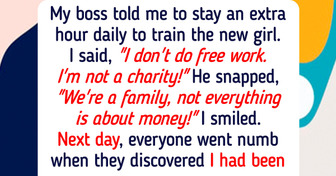
I Refused to Babysit Under My DIL’s Rules—I’m Not “Learning” How to Be a Mom
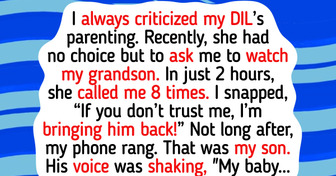
I Refused to Give Up My Baby, So My Mom Exposed a Terrible Secret
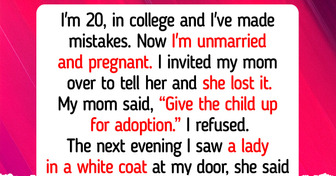
I Refuse to Be the Villain When My Boss Is the Real Time Thief
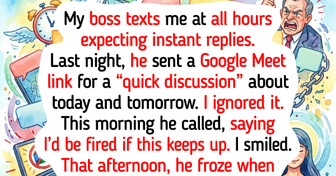
18 Seniors Whose Sharp Wit Proves Humor Only Gets Better With Age
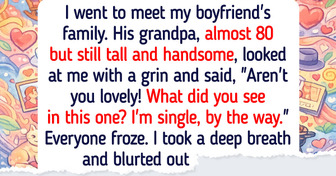
I Refuse to Give My Retirement Savings to My Adult Son—I’m Not Responsible for His Failures
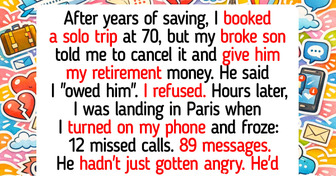
My Parents Wanted a ‘Family Vacation’ on My Budget—I Made One Move They Didn’t Expect

I Refused to Be Called the Office Villain by a Coworker Who Barely Works
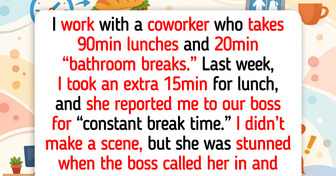
My Dad Demanded to Give My Stepsister the Spotlight on My Wedding—But I Reclaimed It
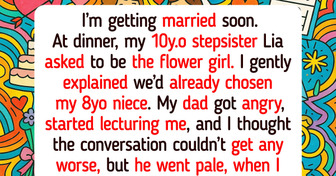
My Neighbor Refused to Help My Autistic Son, She Wasn’t Ready for My Revenge
